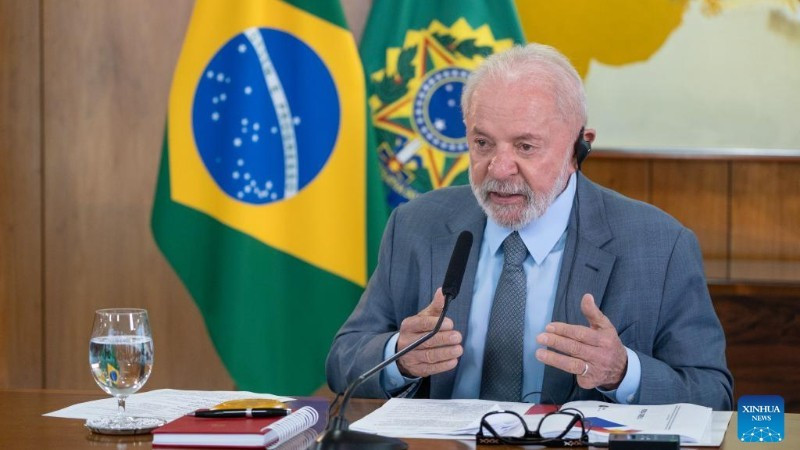Relations between Brazil and ASEAN have been developing strongly. In 2012, Brazil joined the Treaty of Amity and Cooperation in Southeast Asia (TAC), demonstrating its long-term commitment to the region. In 2022, Brazil was recognised as an ASEAN Sectoral Dialogue Partner, marking a significant step forward in their relations.
The two sides have adopted the 2024–2028 Practical Cooperation Areas, covering trade and investment, climate change response, food security, energy transition and digital transformation, reflecting the broad scope of their joint agenda.
ASEAN is currently Brazil’s fourth-largest trading partner. Bilateral trade has increased more than sixteenfold over the past 25 years (from 2.3 billion USD in 2000 to 37.2 billion USD in 2024), with significant potential for further growth. The largest country in South America is also a key strategic partner in ensuring food security for more than 670 million ASEAN citizens.
As one of the world’s largest exporters of animal protein and cereals, Brazil is well positioned to meet the bloc’s growing import needs. Brazil is also renowned for its pioneering achievements in clean energy, with over 50 years of ethanol production and utilisation.
The country has successfully tested innovative public policy models that have improved the lives of millions, such as programmes linking smallholder farmers to markets and public institutions, and the national school feeding programme.
Brazil’s experience in these areas can contribute to ASEAN’s sustainable development agenda. Placing social equity at the heart of genuine progress, Brazil has established the Global Alliance against Hunger and Poverty, which includes eight ASEAN member states.
In the field of high technology and innovation, the potential for bilateral cooperation is substantial. ASEAN hosts some of the world’s most dynamic digital economies and innovation centres in core technology sectors such as semiconductors, while Brazil boasts a vibrant ecosystem of start-ups and tech solutions focused on social inclusion, digital public services and financial transformation.
Beyond economic and technological cooperation, Brazil and ASEAN share a commitment to peace, stability and multilateralism as the foundation for a fair international order.
Brazil advanced these priorities as Chair of the G20 in 2024 and Chair of BRICS in 2025, while ASEAN has consistently pursued similar goals in its recent high-level meetings with partner countries.
On environmental matters, Brazil is the most biodiverse country in the world, while ASEAN accounts for approximately 25% of global flora and fauna species. The two sides have ample scope to collaborate closely in the global fight against climate change.
Brazil will host the 30th Conference of the Parties to the United Nations Framework Convention on Climate Change (COP30) in November 2025 in the Amazon, the world’s largest rainforest, underscoring its leadership in climate and environmental action. At the summit, Brazil will launch the Tropical Forest Forever Facility, which will provide compensation of up to 4 USD per hectare of forest protected.
President Lula da Silva emphasised that the Brazil–ASEAN partnership demonstrates that a future of peace, stability and sustainable growth is achievable. Brazil is the largest economy in Latin America and one of the fastest-growing economies in the world. ASEAN, meanwhile, has the fifth-largest real GDP globally and is among the most dynamic economic regions worldwide.
With complementary and vibrant economies, and a shared vision for a fair and inclusive international order, the potential for bilateral cooperation is enormous. Leaders from Brazil and ASEAN are determined to comprehensively strengthen their partnership, creating a model for cooperation in pursuit of peace and development in the Southern Hemisphere.
















